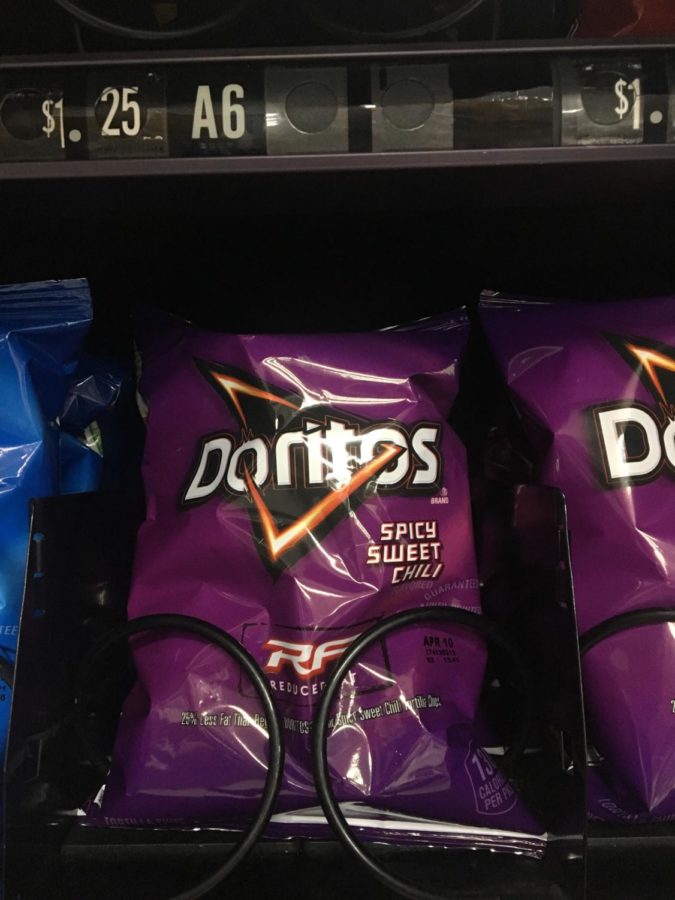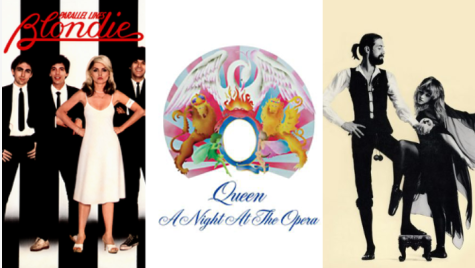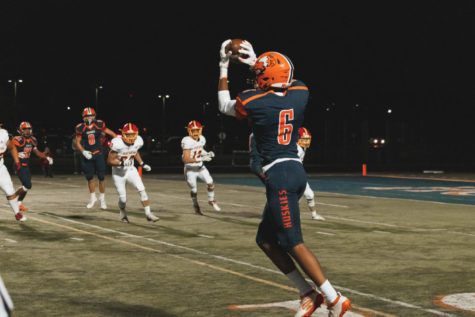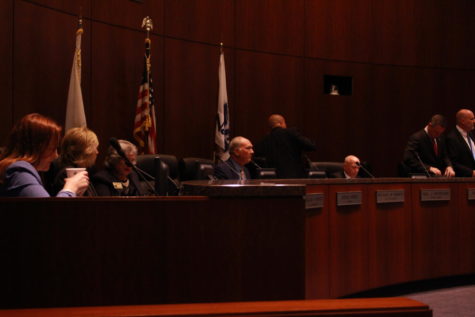Column: The real trouble with Lady Doritos
Pepsi Co. CEO Indra Nooyi is a modern-day anti-suffragette, the destroyer of all things feminist and right. Her blatant discrimination and disregard for topical sensitivities renders her a villain of sorts, with a title and salary to boot. As a mother, woman and executive, she is, in all sense of the word, a misogynist.
Right?
Inflammatory statements such as the ones above are no strangers to American society, particularly in the age of social media and shiny, television friendly yellow journalism. They have the unprecedented ability to capture consumers’ attention and convince the most skeptical of readers and viewers, even if only for a moment.
Such statements and headlines may be acceptable when utilized for grocery store tabloids and The Daily Mail’s home page. Yet they also portend a dizzying array of dangerous possibilities, perhaps most frightening of which is a society entirely misled by and dependent on the words of sensationalist news outlets.
Oft-mocked websites like Breitbart and ShareBlue are not the sole offenders to the crime of sensationalism and dangerous exaggeration. Twitter, in recent years, has become a beacon of free expression, a platform evocative of an unencumbered flow of ideas and interactions. Yet such a platform also incentivizes corporate, professional, and personal accounts to trade reason for retweets.
Of course, in some cases, the Twitter machine improves society. Vigilant Tweeters revealed glaring instances of ingrained racism in H&M’s clothing collection, and 140 (or 280, for a select few) characters were the key to exposing Urban Outfitters’ unsolicited usage of independent artists’ work.
Yet in countless other situations, Twitter proves its unmatched capacity to fabricate outrage out of thin air, as exemplified by the backlash against Nooyi. The discourse against the CEO and her company has been rapid and relentless. The high crime? Nooyi was supposedly ready to savage the foundations of feminism with a new product called “Lady Doritos,” which would come in a purse-sized package and remove the ‘crunch’ sound which might offend a lady’s delicate ears. Of course, Twitter users, and the Internet as a whole, interpreted “Lady Doritos” to be some sort of Lovecraftian evil, another example of everyday discrimination and profiling.
Yet those who went beyond the Twitter vortex found a different story altogether. Nooyi never insinuated that women were more fragile or in need of more ‘delicate’ packaging. In fact, the phrase “Lady Doritos” was never uttered by Nooyi at any point.
The root of the scandal comes from a Jan. 31 podcast posted on popular website Freakonomics. Over the course of the 50-minute podcast, Nooyi expounded upon her experiences as a woman in business.
She ruminated on her humble beginnings, reflected on her rebranding of Pepsi Co., and commented on Nelson Peltz’s departure. The topic of gender (or any semblance of “Lady Doritos”) doesn’t appear until host Stephen Dubner asks Nooyi the following:
“I understand that men and women eat chips very differently. Can you tell us the differences?”
It’s at this point that Nooyi relays her market findings, stating that men tend to relish their bag of chips because they don’t want to lose any flavor. Women, on the other hand, don’t like to crunch too loudly. At no point does Nooyi make some sort of grand, chauvinistic proclamation, infantilizing women and denouncing the female gender for its anti-crunch stance. She speaks as any other savvy CEO would, using data and market trends to analyze future growth opportunities.
In fact, at no point does Nooyi utter the phrase ‘ladies,’ let alone ‘Lady Doritos.’ The term seems to be coined by UK tabloid The Sun, which was later reprinted in The New York Post. The Sun printed the story with the headline “CRUNCH DECISION: Doritos firm to launch chips for WOMEN because they don’t like crunching loudly or licking their fingers, boss reveals.” It’s telling that The Sun choose to emphasize the word ‘Women;’ after all, their sole purpose is to generate profit.
Chastising Nooyi for her offhand comments, citing notoriously falsified tabloids, or comparing the ‘scandal’ to Bic Pens For Her, is lazy and ineffective. Nooyi did not rely on tired, gendered stereotypes, nor did she propose using femininity as some sort of marketing ploy. She cited company research, maintained a respectful and fair demeanor, and acted as any other executive would in the face of an interview.
‘Lady Doritos’ is unlikely to be remembered as one of the greatest scandals of 2018, let alone of the month of February. As of this writing, the controversy surrounding Nooyi and Pepsi Co. has largely died down, settling into the far reaches of oblivion that holds United Airlines and Equifax, if not further.
Yet it is important that we recognize that outrage, like revenge, is a dish best served cold. Before deeming CEOs to be rampant misogynists, a review of primary sources is due. The issue of ‘Lady Doritos’ (if it can even be called an issue) was not deserving of the ensuing time and energy spent battling it. After all, ‘Lady Doritos’ effectively trivialized feminism and issues that truly are deserving of attention and notoriety. It’s worth noting that, unlike the largely intangible issue of Lady Doritos, widespread topics such as representation in the media and equal pay have real, impactful repercussions, and they’re the ones that our deserving of our energy.
Internet indignation over the thought of gendered, market-segmented chips serves no purpose, and is unlikely to do so in any scenario. We can leave the manufacturing of the snack chip to the professionals, and at the same time, resist the urge to manufacturing outrage.

Tanya is a senior at Naperville North, and can barely wait to get started with a new year for The North Star! As Editorials Editor, Tanya is responsible...











